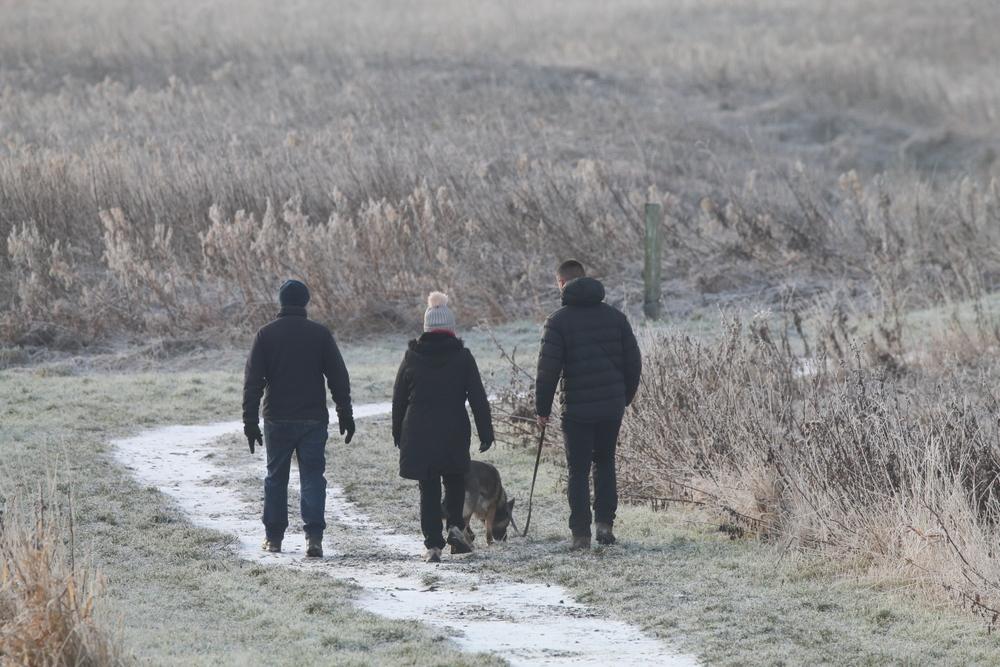Lung Cancer Awareness Month: Treatment
CancerTreatments for lung cancer include surgery, chemotherapy, radiotherapy, immunotherapy and targeted therapy. You may have a combination of treatments. Sometimes people have different treatments one after the other to help to keep the cancer under control.
The treatment you have will depend on:
- the stage of the cancer
- the type of lung cancer you have – small cell lung cancer (SCLC) and non-small cell lung cancer (NSCLC) are treated in different ways
- your general health.
Your cancer doctor and nurse will involve you in treatment decisions, so you can talk about your choices. They can also help you if you need to make decisions about treatment. Newer treatments are being developed. Your cancer doctor may talk to you about having treatment as part of a clinical trial.
Surgery
If you have non-small cell lung cancer (NSCLC), it may be possible to remove the cancer with surgery. The type of operation depends on the stage and position of the cancer.
For some people, surgery may not be suitable. This could be because of other health problems that make surgery unsafe or make it difficult to cope with a major operation.
Surgery is rarely used to treat small cell lung cancer (SCLC), unless the cancer is small and has not spread outside the lung. Other treatments are usually more suitable for SCLC, such as chemotherapy or radiotherapy alone or together (chemoradiation).
Chemotherapy
Chemotherapy uses anti-cancer (cytotoxic) drugs to destroy cancer cells. It is used to treat both types of lung cancer.
- For SCLC, chemotherapy is often the main treatment.
- For NSCLC, chemotherapy can be used before or after surgery.
For both types of lung cancer, chemotherapy can be given with radiotherapy. This is called chemoradiation. Chemotherapy can also be given along with targeted or immunotherapy drugs, or on its own, to control the cancer and relieve symptoms.
Radiotherapy
Radiotherapy treats cancer by using high-energy x-rays. It can be used to treat both (NSCLC) and (SCLC). It may be given:
- on its own instead of surgery, to try to cure early-stage NSCLC
- with or after chemotherapy (chemoradiation), for both NSCLC and SCLC
- to the head, to stop any lung cancer cells that have spread from growing into a secondary cancer in the brain. This is for people with SCLC
- to control symptoms. This may be done if the cancer is more advanced or has spread to other parts of the body. It is called palliative radiotherapy.
Targeted therapies and immunotherapies
Targeted therapy or immunotherapy drugs are often used to treat advanced NSCLC. Immunotherapy may be given to help reduce the risk of lung cancer coming back after chemoradiation. Newer targeted and immunotherapy drugs are being developed.
Specialised tests are done on the cancer cells to find out if certain drugs are suitable for you.
Tumour ablation treatments
Tumour ablation treatments destroy cancer cells using heat, microwaves or laser light. They may also be used if the cancer is blocking an airway, to relieve breathlessness.
Managing symptoms and other conditions
Your care also involves having different drugs and treatments that help relieve your symptoms. You may see a specialist doctor or nurse for expert help with your symptoms.















































































































